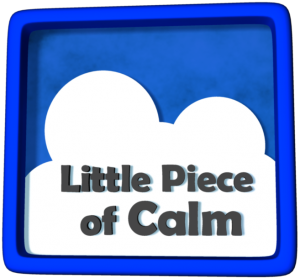As I hang up the ‘big picture’, it covers the tiny cracks on my wall, and I now realise these cracks are insignificant after all.
When we stand too close to the wall that confronts us, we tend to get absorbed in the details immediately in front of us. We may get caught up in the tiny cracks in the wall, thinking with great exaggeration of the necessity to fix these cracks urgently before the whole wall comes crumbling down from the ripple effects of these cracks. We may become paralysed with fear as we stare blankly at the writing on the wall. We may become short-sighted in our focus, thinking that all that exists is the piece of wall that we see, forgetting how big the wall really is.
But if only we took a step back away from the wall – taking ourselves out of the immediacy of our environment, creating a space between us and the problem that confronts us – maybe then we can broaden our sight to provide a greater context for our perspective.
We may come to realise that the cracks in the wall are only minor and so localised it could never cause any great grief in the whole scheme of things; or we may see that the cracks could easily be fixed with plaster. As for the writing sprawled on the wall, a bit of brilliant paint would turn any pessimistic foreboding into a brighter and hopeful tomorrow.
Perhaps it can all be resolved by hanging the “Big Picture” on the wall, which would trump any crack and make it insignificant in comparison.
And if we have courage to step back even further away, we can see that the wall is but a part of a larger infrastructure, imprisoning us within its four walls of samsara (i.e., an endless cycle of birth and death).
After all, when we lay on our death beds reliving in our minds the life we have lived, what we would regret is not the fact that we didn’t fix the insignificant cracks and marks left on the wall. Nor would we reminisce losing the great wall that stood before us for so long and the four walls that kept us bound.
What we would – or at least I think we should – regret is never having understood the four walls that marked our existence, never explored the possibility of finding a door to lead us out beyond these four walls, and if found, never having opened that door to reveal the world of freedom beyond birth, sickness, old age and death – the four walls that bound human existence in which we cannot escape from.
Seeing this, how can we waste another moment longer staring at the wall in front of us?
28 June 2010

 Posts RSS
Posts RSS


Be First to Comment